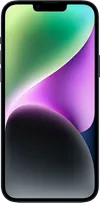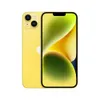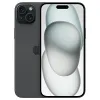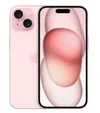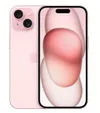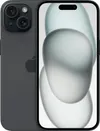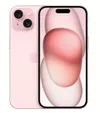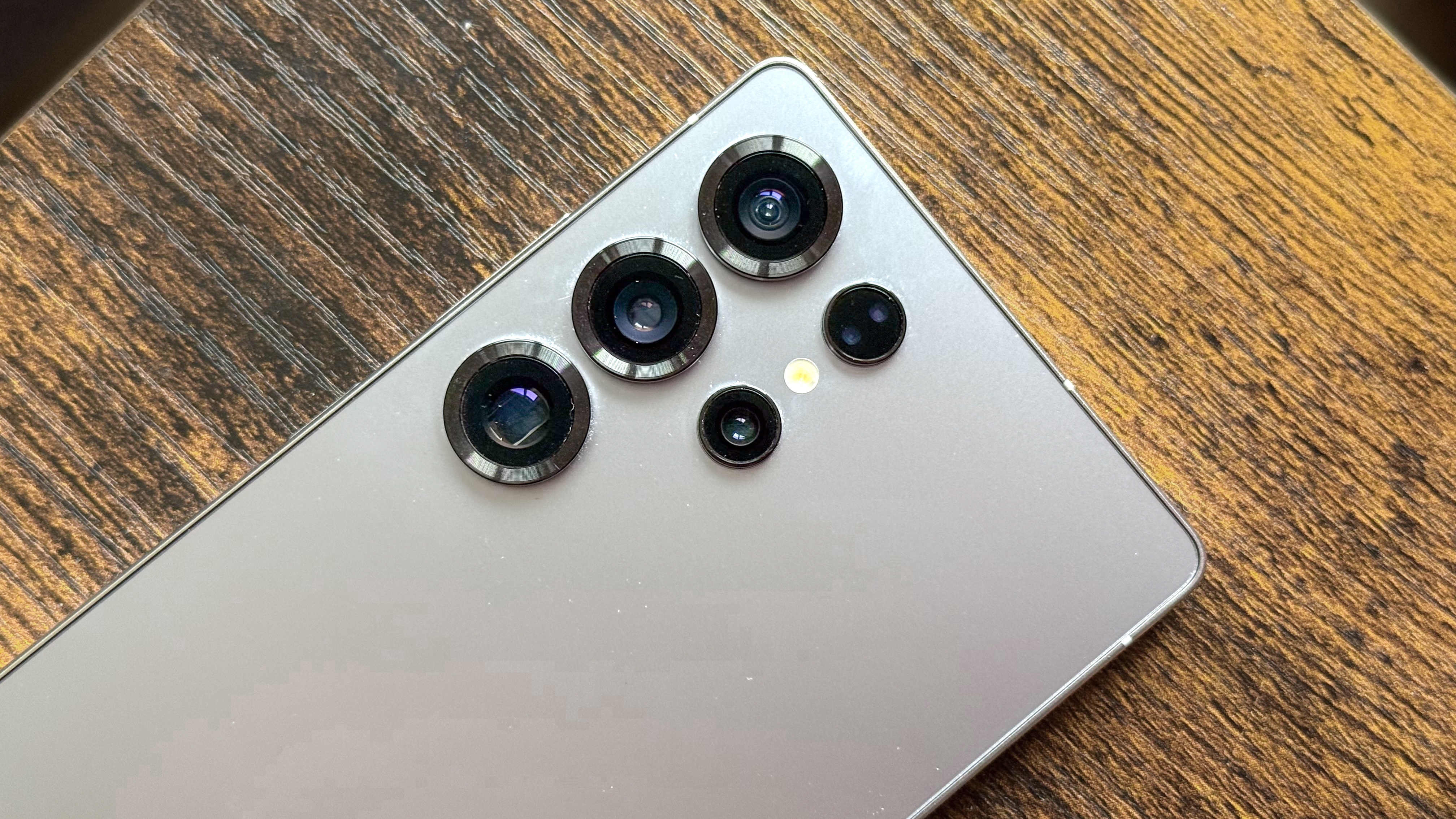I love that iOS 18 will let you lock and hide apps — but there’s one problem
Locked apps shouldn't have the same unlock as your lock screen
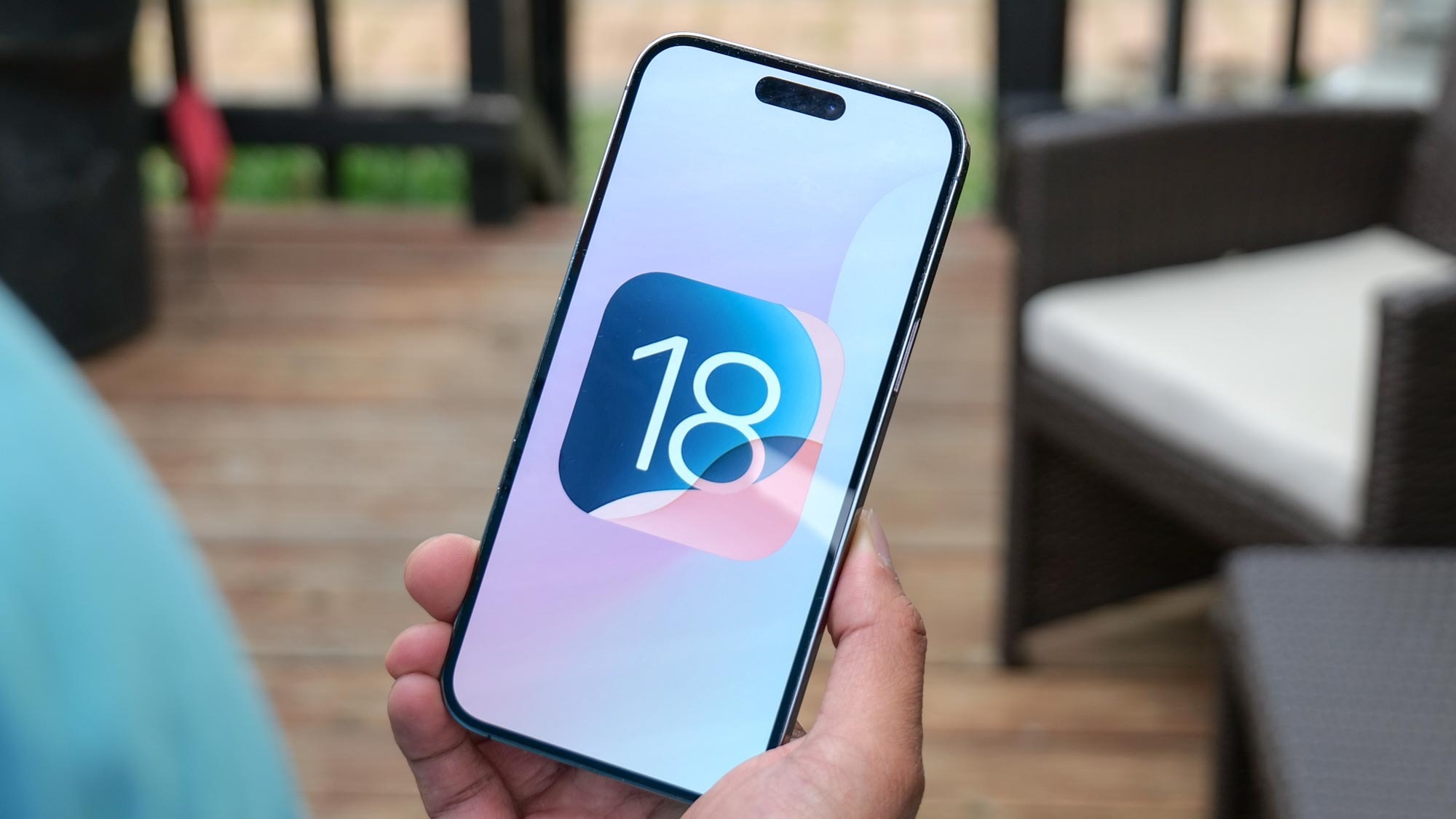
Last month, following the announcement of Android 15’s Private Space at Google I/O, I talked at length about how fantastic (and long overdue) that feature actually is. Then, WWDC 2024 rolls around this past week, and Apple announces something more or less the same for iOS 18.
And that's great news, though I have one problem with the way Apple plans to implement its locked apps feature.
iOS 18’s Locked apps and Hidden Folder features are exactly what the name suggests, ensuring you can add extra security to your iPhone apps and prevent unauthorized access. To top it all off, Apple has promised that locked and hidden apps will be essentially quarantined — they won’t appear in search, offer notifications or do other things that might betray their contents.
Again, it all sounds fantastic, and definitely one of those features that iPhones should have had a long time ago. But I'm concerned by how Apple's looking to implement the unlock process.
Never forget data security rule No. 1
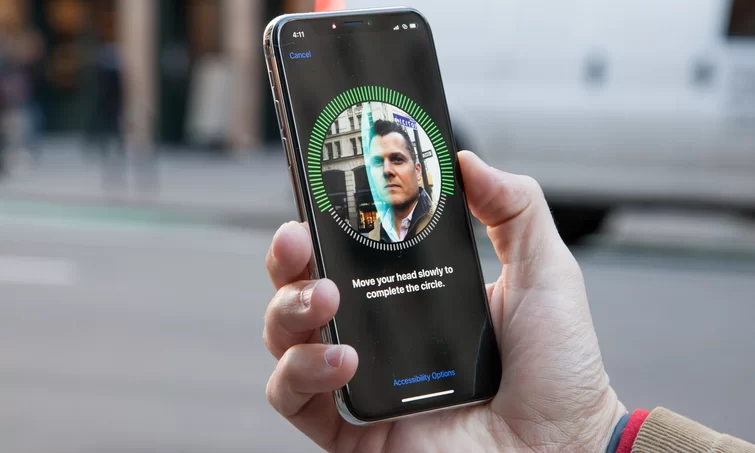
One of the things that always comes up when it comes to data and account security is that you absolutely should not use the same password for everything. But the way Apple describes the locked and hidden apps feature suggests that the system does exactly that — it reuses the same security feature as your phone’s lock screen.
“Lock an app to require Face ID, Touch ID, or your passcode for access” is how Apple puts it. The crucial part here is “your passcode” rather than “a passcode.” That suggests you're using the same passcode you set up to unlock your phone will be the same passcode that lets you access locked and hidden apps.
And that's not the smartest idea from a security standpoint.
The idea behind locking or hiding apps is to ensure a little more data security. We have an awful lot of sensitive data stored on our phones these days, including banking, passwords and even car keys. These are not the kind of apps you want anyone to be able to access, and locking them means anyone that manages to bypass your lock screen should still be kept locked out.
The problem is that if the passcode to your locked apps is the same as the one you use to unlock your phone, those apps don’t really have any additional security.
Maybe someone that comes across your unlocked phone will be deterred, but there have been reports of thieves who deliberately watch potential victims to get their passcode before stealing their phone. In those cases there’s very little stopping them.
Locked apps should have extra security options
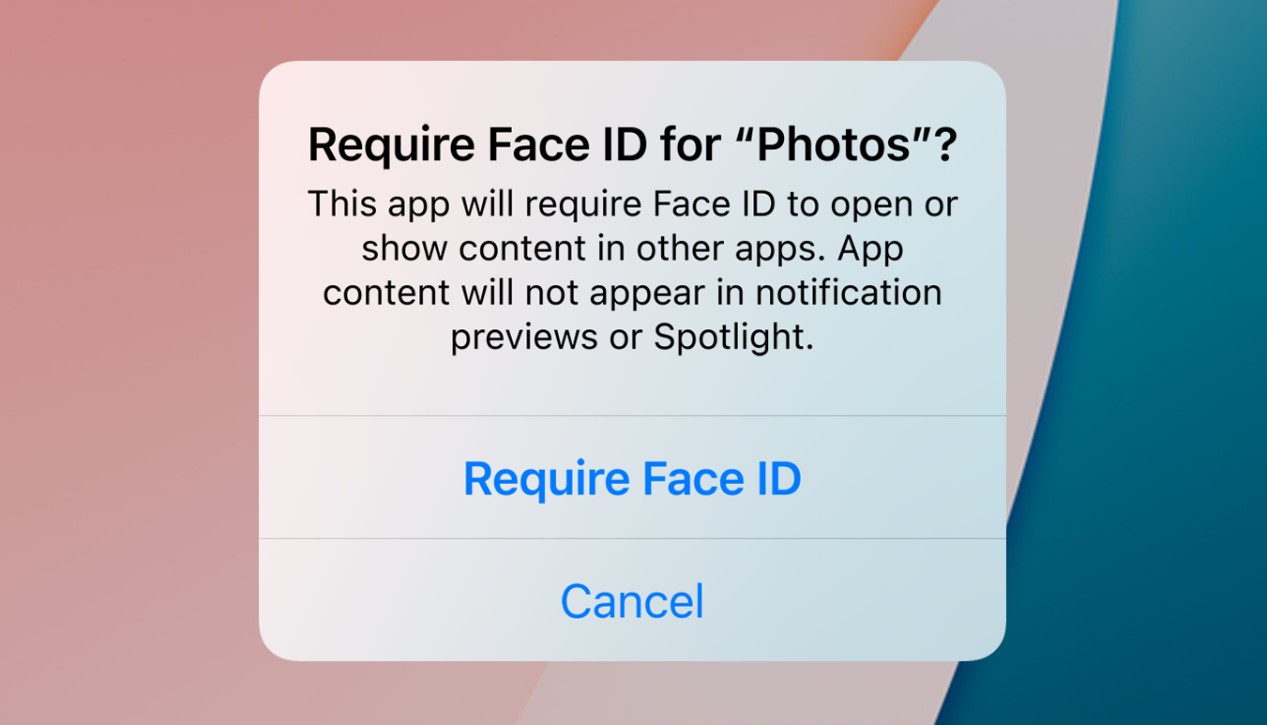
The good thing is that Apple’s app lock feature seems to differ from the lock screen in one key way. Thanks to the release of the iOS 18 developer beta, this feature has had some coverage on social media, and it looks like you can’t use a passcode to bypass biometric security. So if you lock your apps with Face ID or Touch ID, any potential thieves or snoopers should stay locked out.
Over the years since Face ID has launched, Apple has spoken at great length about how much better and secure it is than Touch ID. Locked apps might be a chance to put that to the test, because in the past, most other instances of Face ID were only as secure as the passcode you’d previously set up.
If Face ID is the only option, this of course means that it’s going to be pretty hard to bypass any lock unless that person has your face on hand. However, this doesn’t mean we shouldn’t also have more options, and different ways to secure our apps.
Private Space on Android 15 actually does this rather well. You can set the partition to unlock in the exact same way as your home screen, but it’s not the only option. It can be a brand new pin code, a pattern lock, or one of your other fingerprints. If you want convenience at the expense of security, that’s an option. If you want something a little different, you can do that too.
Obviously using separate fingerprints wouldn’t work on iPhones, since there’s no Touch ID outside of the iPhone SE, and it’s not like you have a second face lying around. But the point is that you have a choice to lock everything up the way you want, and it’s something Apple should be implementing on iOS 18. Honestly, I’m still a little confused as to why it hasn’t done this already.
Why locking apps is important
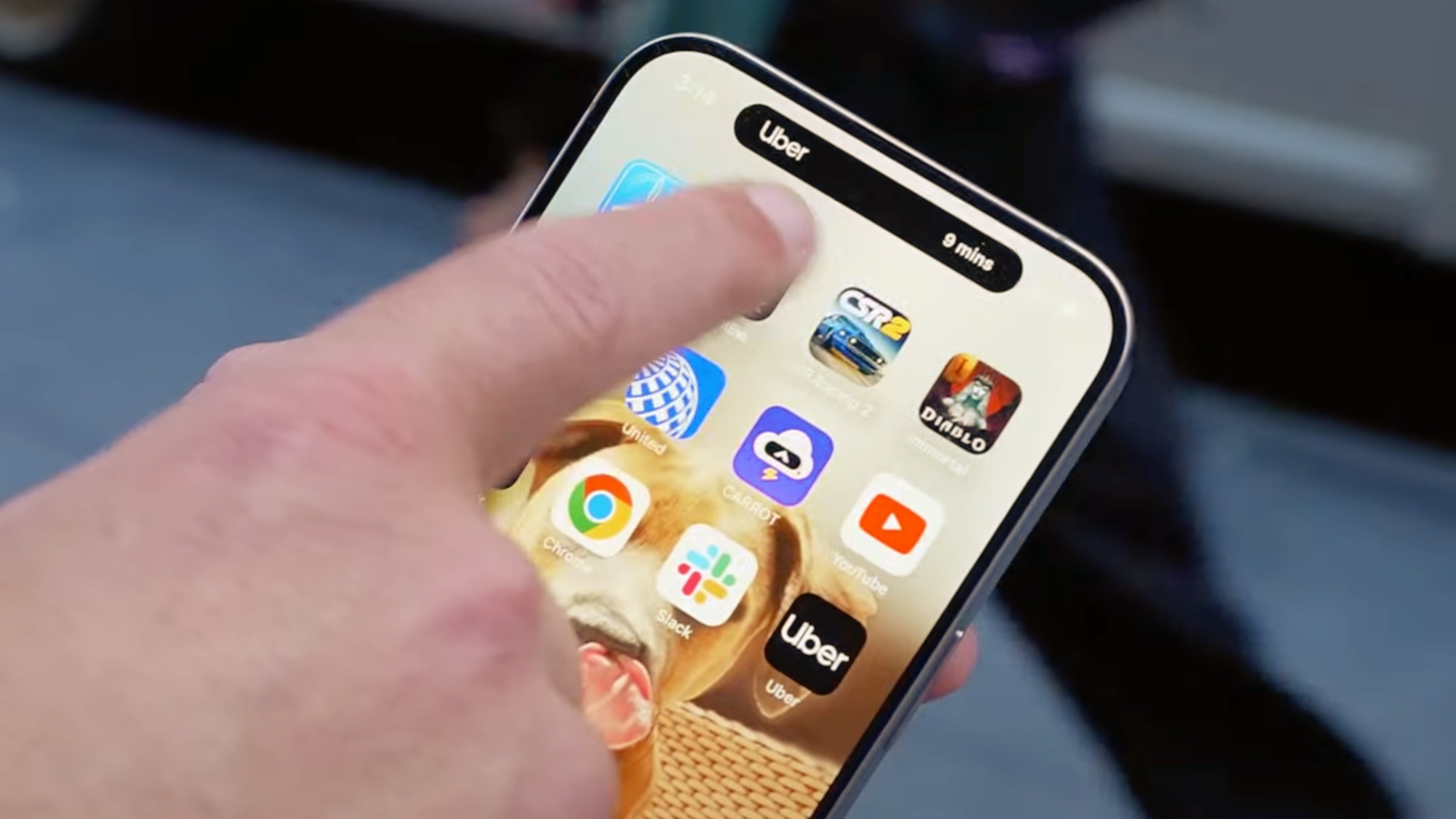
Of course some people may be asking why anyone would want to hide their apps. Tabloid sensationalism has also gotten wind of the feature and promptly declared that it’s great news for cheaters. Which is true to a point, but it’s not the only reason why you’d want to lock or hide apps away, and ensure that they are for your eyes only.
Think about how many sensitive apps you have on your phone. I’d wager most people have at least one mobile banking app; if not you almost certainly have a shopping app or two. But that’s only scratching the surface of how much trust we place in our phones.
Whether we’re talking finance, medical data, photos or even just the location history in your navigation app, smartphones are a treasure-trove of information for criminals and snoops alike. And much of it is completely innocent and run-of-the-mill. Most of the more obviously sensitive apps will have their own security, of course, but that hasn’t always been a luxury afforded to all the other more mundane-sounding apps.
It’s all information that you don’t want in the wrong hands, because there could be some pretty severe consequences if it winds up there.
Bottom line
The same way I applauded Google for announcing Android 15’s Private Space, I think it’s fantastic that Apple has finally seen that extra app security is needed. Even if users choose not to take advantage of this feature, they still have the option to add an extra layer of security onto those apps — and keep their contents more secure.
It helps that Apple hasn’t just locked access to the apps, either. Information in those locked apps won’t be appearing in other system features, including Search, notifications, Siri and so on. Instead, you're locking down that information tight, and making sure it doesn’t resurface when you don’t want it to.
As far as first attempts go, Apple's iOS 18 security steps look pretty good on paper. But Apple should still look at it from the angle of securing those apps when someone is already able to bypass your lock screen. So please, Apple, give us a few more options to secure our apps rather than being forced to use the same old unlock method. Here’s hoping things change between now and the public release of iOS 18 some time this fall.
More from Tom's Guide
- iOS 18 just made turning your iPhone off a whole lot simpler
- Apple’s Message via satellite works just like iMessage — and it’ll be free to start with
- iOS 18 will bring RCS messaging to iPhone at last — but why don’t we know more?
Sign up to get the BEST of Tom's Guide direct to your inbox.
Get instant access to breaking news, the hottest reviews, great deals and helpful tips.

Tom is the Tom's Guide's UK Phones Editor, tackling the latest smartphone news and vocally expressing his opinions about upcoming features or changes. It's long way from his days as editor of Gizmodo UK, when pretty much everything was on the table. He’s usually found trying to squeeze another giant Lego set onto the shelf, draining very large cups of coffee, or complaining about how terrible his Smart TV is.

